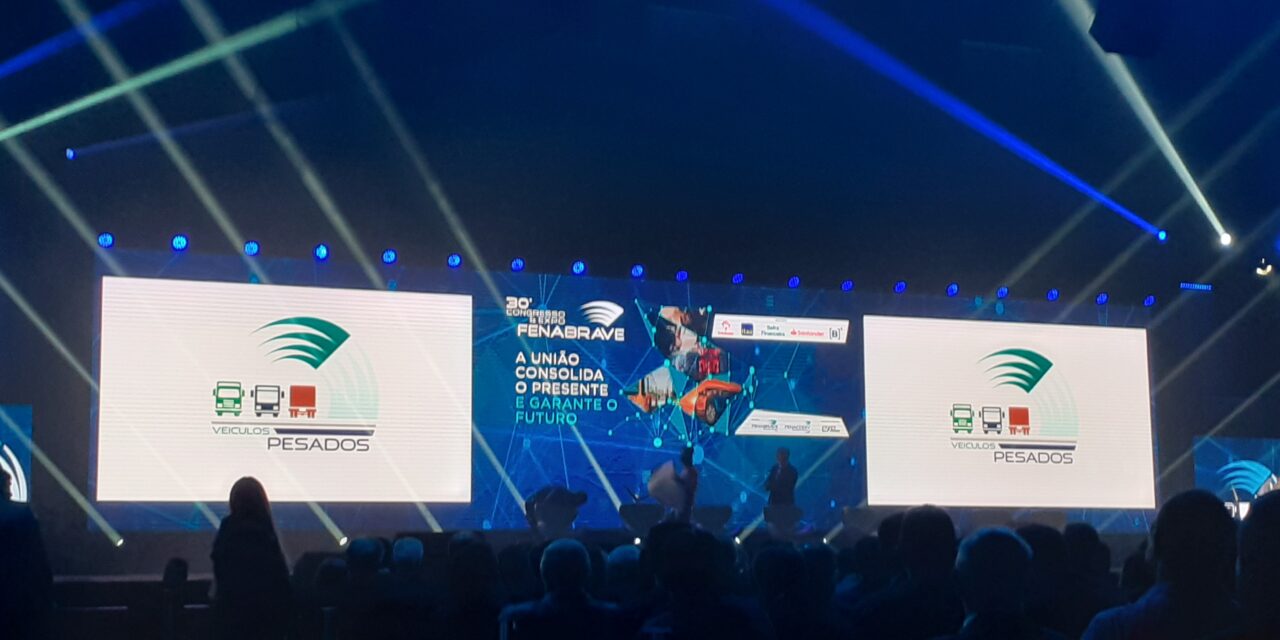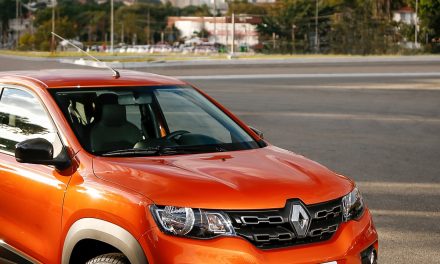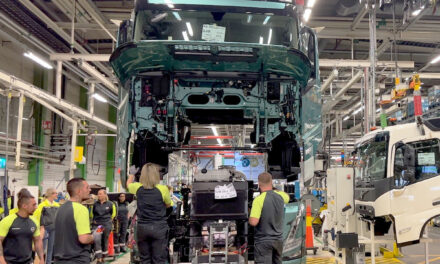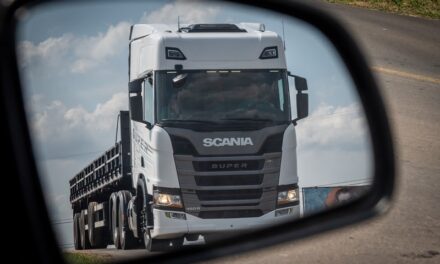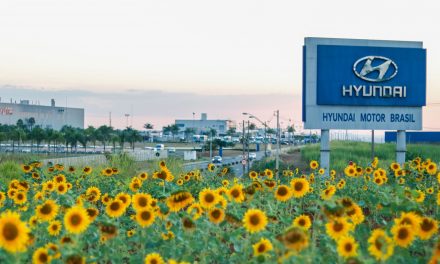By Alzira Rodrigues / Translated by Jorge Meditsh
Despite the optimistic tone the panelist tried to show at the opening of the 30th edition of the Congresso & ExpoFenabrave this Wednesday, 9/21, it was clear in the speech of the vehicle distribution organization’s president, José Maurício Andreta Jr., that the last three years were not too favorable for the sector.
“Many dealers fell by the wayside”, admitted the executive, informing that more than 500 dealerships changed hands. This means that they would have gone out of business if not for the interest of purchase by some other group of the sector. He even recognized that this process “shall continue”, meaning that the distribution area depuration has not finished.
Currently, there are 7 thousand dealerships owned by 1.3 thousand groups in the country. They sell both light and heavy vehicles, as well as agriculture machines, road implements and motorcycles.
Andreta Jr. took advantage of the presence of the Economy minister, Paulo Guedes, to praise the reduction of the IPI (tax on industrialized products) for automobiles but admitted that the market should close the year with a volume equal to or at most 5% over 2021. All this considering agriculture machines and motorcycles, which are registering a favorable performance.
Paulo Guedes even talked about the vehicle sales growth as a positive point this year. Nonetheless, the sector’s largest segment – automobiles and light commercial vehicles – kept falling year-to-date and has improved in the last two months thanks to direct sales, which benefit large fleet operators. Retail does not react due to high interests and credit restrictions.
Opposed to the tradition of Fenabrave’s annual events, there was no representative from Anfavea at the opening session. The industry was represented only by the president of Sindipeças (parts manufacturers association), who once again defended ethanol and other Brazilian biofuels as the best way toward decarbonization.
Two innovations are marking this year’s Fenabrave event at the São Paulo Expo in the state capital. The first one was the concentration of the whole program in six super workshops in a single hall. Before, there used to happen a series of parallel meetings to gather specific publics or segments. The second was limiting the press participation in the opening session, forbidding access to other debates.
- Moura lança baterias de lítio de 12V e 48V na Automec - 25 de abril de 2025
- BorgWarner prepara produção de nova linha de baterias - 25 de abril de 2025
- Brasil terá mais 25 híbridos-flex até 2027, revela a Bosch - 24 de abril de 2025

